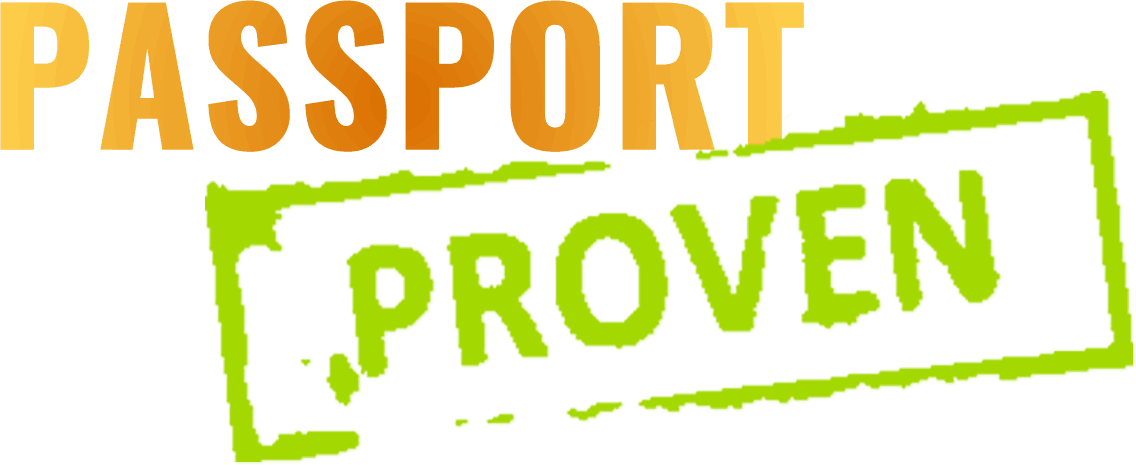Document fraud, specifically the counterfeiting and forgery of travel documents such as passports, represents a significant threat to everything from personal identity to national security. Document fraud is in fact the key enabler in illegal migration.
In 2020, nearly 100 million travel documents were reported lost or stolen worldwide suggesting the black market in stolen ID documents remains buoyant and in a healthy state.
Imposter fraud is on the increase and in 2020over 60% of document fraud involved an imposter or look-a-like using a genuine document.
The consequences of illegally modified or reproduced travel documents are many and varied. They range from civil penalties and reputational damage for employers, to numerous other possibilities such as financial crime, drug trafficking, and terrorism. The creation and use of false travel documents have an impact that goes way beyond personal inconvenience.
Document forgers and counterfeiters maybe best described as criminal entrepreneurs who supply an illegal commodity, documents, to provide an illegal service.
A statistic of concern is that over 60% of fraudulent passports in existence are used to in an endeavour to breach immigration rules and obtain employment. Staff tasked with checking those documents on behalf of their employer are often untrained leaving the employer vulnerable to exploitation by the fraudster.
As an employer it is your responsibility to ensure that every person you are employing is entitled to lawfully work in the UK and has the appropriate documentation enabling them to do so. If your staff are not legally allowed to work in the UK, then you are putting your business at a great risk and may also be committing an offence by employing that individual. As part of your recruitment process In each case you must ensure that your prospective employee is legally entitled to work in the UK, and you should make sure that you ask for proof and keep copies of relevant documents as proof.
Employers need to ask themselves, “Have my staff that I delegate to conduct Right to Work checks the knowledge and associated skills to adequately carry out all aspects of those checks?”.
- Do they know what documents are acceptable?
- How to check a document?
- How to spot an imposter?
- What to look for when examining documents i.e., what the common security features are?
- How to recognise a counterfeit document and a forged one?
- See through registers help to prevent counterfeiting, do they know what one is, and can they recognise one?
If the answer to these questions is no, then we can upskill them so that they are able to fulfil their roles professionally and efficiently and thereby protect you as an employer from the fiscal penalties and reputational damage that can be the consequence of employing illegal migrants.
If your staff attend one of our identity document verification workshops, they will learn the answers to all the above questions and much more. Our workshops are aimed at those who have the need to check identity travel documents for Right to Work, Right to Rent, Know Your Client and Anti Money Laundering purposes.
In our Identity Document Verification workshops, they will learn about the cause of the proliferation of counterfeit and forged identity documents and topics such as the identity issue, the security features of Passports, Visas, Biometric Residence Permits, Identity Cards, and so-called breeder documents. Methods of counterfeiting and forgery frequently used by criminals intending to deceive the unwary.
Our training is designed to give your staff the skills to protect you from heavy financial penalties and exposure to reputational risk.
In an endeavour to aid your staff we provide specialised training courses in Identity Document Verification. These can be run at your company offices or a venue of your choosing, and we can train groups of different sizes up to twenty at a time. Alternatively, we can deliver our workshops via video conferencing.
A typical workshop will cover the following topics:
- Identity and identity fraud
- Imposters and look a likes, techniques that can be used to spot them
- The security features of documents – passports, visas, birth certificates and supporting documents, in detail
- Methods of counterfeiting & forgery and the difference between them
- Identify document irregularities and what action to take when you find them
- Examples of fraudulent documents both counterfeit and forged
- Fantasy documents & camouflage passports
- How to deal with suspicious documents
- The benefits of using ultraviolet light and magnifiers
- Reference material and how to use it
- The problems of the Internet.
If the training is delivered on site delegates will get to see and handle actual documents and, will use ultraviolet lights and magnifiers which help to identify security features in documents.
Have you thought about identity document verification training? Our trainers come from law enforcement backgrounds and have years of experience in their fields.







